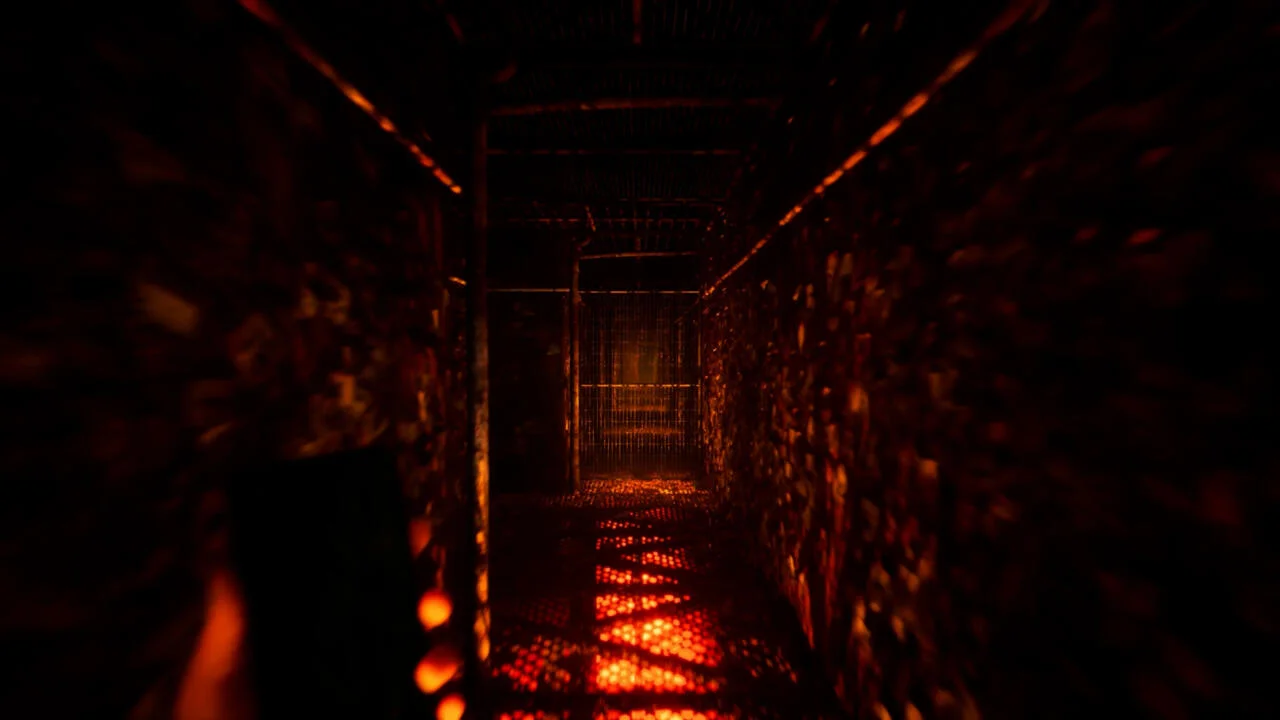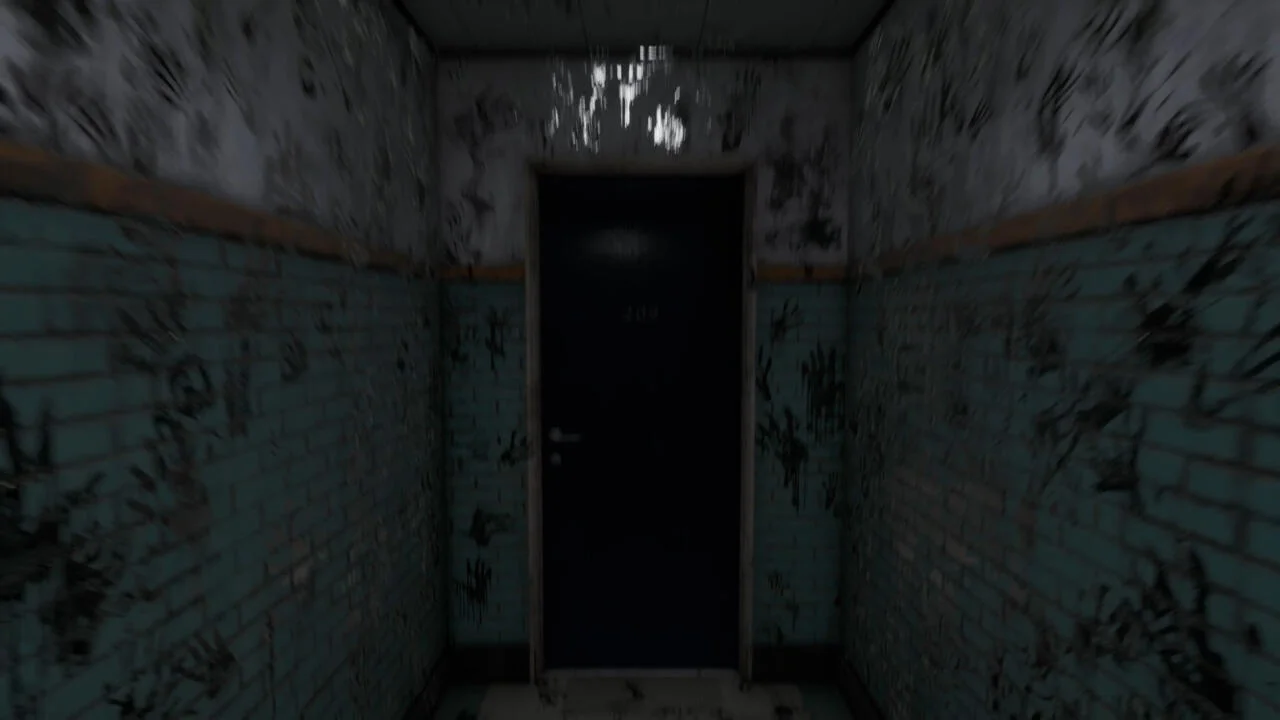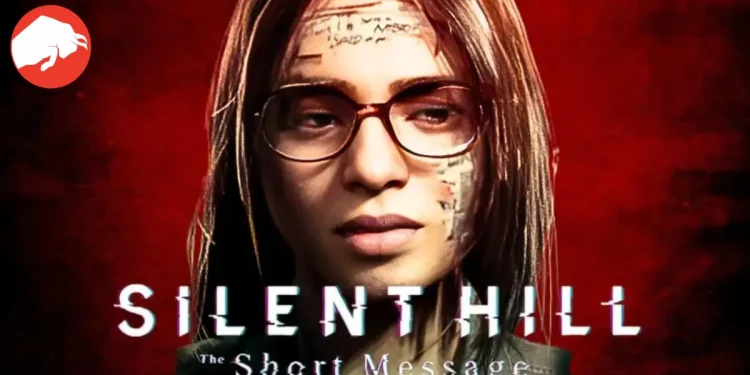After a long hiatus, the Silent Hill series aimed for a grand return with Silent Hill: The Short Message. As a dedicated fan and critic of horror, the unexpected release of a free game in the style of PT (Playable Teaser) sparked both surprise and anticipation. However, the experience fell short of expectations, leaving much to be desired from this introductory chapter to the series’ revival.
A Failed Homage to PT
Silent Hill: The Short Message attempts to capture the essence of PT, Hideo Kojima’s enigmatic demo for a Silent Hill game that never came to fruition. Set in a time loop, the game introduces players to a tormented protagonist in a first-person horror adventure. Despite these efforts, the game struggles to carve its own identity, instead coming off as a pale imitation of the groundbreaking teaser that once captivated audiences worldwide.

The Shortcomings of The Short Message
The game’s brief duration and cost-free entry might seem like its strengths, but they contribute little to its appeal. The narrative and gameplay mechanics, heavily inspired by PT, lack originality and depth, leading to an experience that feels more like a caricature of the Silent Hill legacy rather than a revival. “The Short Message winds up feeling like a caricature of itself and may only sour—or sour further—one’s memories of what was, for a time, the genre’s best series.”
A Departure from Silent Hill’s Essence
The setting of The Short Message diverges from the eerie, fog-enshrouded town of Silent Hill, opting instead for a German town filled with Japanese teens. This shift, along with a script that lacks the series’ hallmark subtlety and psychological depth, fails to evoke the haunting atmosphere and complex storytelling that defined the best Silent Hill entries. The game’s explicit narrative leaves little room for the player’s imagination, undermining the mysterious allure that fans have come to expect.

Technical and Creative Misfires
Beyond narrative and thematic issues, The Short Message suffers from technical problems, such as inconsistent frame rates, that detract from the immersive experience. Creatively, it does little to innovate within the horror genre, relying on tired mechanics and predictable scares that fail to impress. The Otherworld sequences, once a staple of Silent Hill’s terrifying allure, are reduced to frustrating chases that lack the exploratory depth and chilling atmosphere of previous games.
Looking Ahead with Caution
As the first of several planned games in the Silent Hill series revival, The Short Message serves as a disappointing starting point. The game’s inability to deliver on the psychological horror and intricate storytelling that fans cherish is a concerning indicator of the direction this revival might take. “I sincerely hope future installments in the franchise can rekindle the long-absent magic because The Short Message doesn’t do that.”
A Silent Hill Renaissance Still Possible?
Despite the shortcomings of The Short Message, the Silent Hill series still holds immense potential for a successful comeback. The enduring popularity of PT and the legacy of Silent Hill’s best entries suggest that there’s a hunger for psychological horror games that blend deep storytelling with innovative gameplay. For the series to reclaim its revered status, future projects must not only honor the essence of Silent Hill but also push the boundaries of the horror genre in new and exciting ways.
The road ahead for Silent Hill is fraught with challenges, but also opportunities. As fans and critics alike wait with bated breath, the success of the series’ revival hinges on understanding what made Silent Hill special and envisioning how it can evolve to captivate a new generation of horror enthusiasts.









